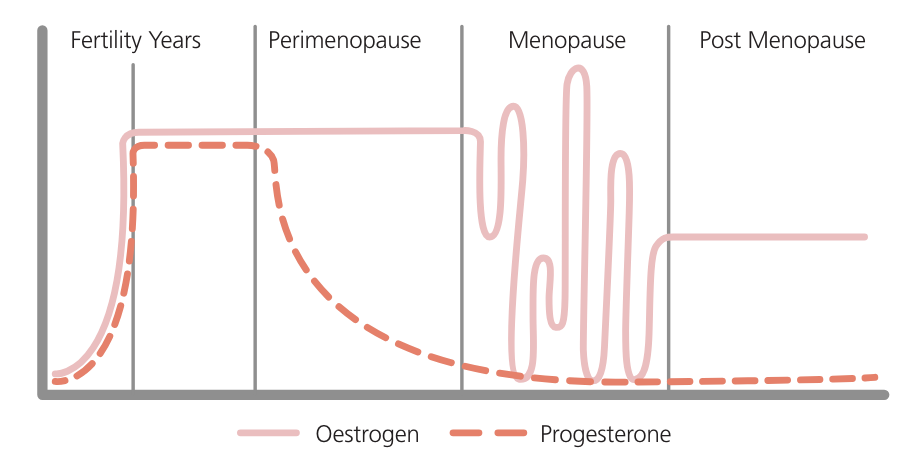The importance of strength training for menopause
Hormone levels fluctuate significantly during perimenopause and menopause, causing a range of physical and mental changes that can be challenging to navigate. Oestrogen levels fluctuate through menopause before they significantly decline, and both progesterone and testosterone levels reduce.
The natural decline in oestrogen is associated with a decrease in muscle mass, strength, and bone density – in turn, these changes can impact metabolism and increase body fat. Strength training has been found to improve many of the symptoms experienced with menopause and counteract some of these natural physical declines. We outline some of the important benefits of strength training below (image from: https://www.nhsemployers.org/system/files/2022-03/MSK_Menopause%20Leaflet.pdf).
Increases metabolism
Improving your muscle tissue through strength training helps to increase your metabolic rate. Muscle tissue takes the most energy to maintain, meaning you use more energy at rest when your muscle mass is higher. This helps to offset the impact of a slowing metabolism that can occur throughout menopause.
Improves muscle strength
Strength training in the right way stimulates your muscle tissue to adapt and become stronger over time, combatting the effects of the decline in oestrogen levels.
When you push your muscles to overload in an exercise, you are actually damaging the muscle fibres. Over the next 48-72 hours, your muscles recover and build back stronger than they were before (a process called super-compensation). If you then train again within the following days, you progressively become stronger over time and improve your baseline level.
Boosts mood and energy levels
Positive endorphins are released during training, which makes us feel happier and more relaxed and reduces feelings of stress and anxiety. Research has also found links between strength training and increased self-esteem and self-confidence. In terms of increased energy levels, strength training increases blood flow and oxygen movement around the body, which can leave you feeling more energised after your workout.



Improves sleep quality
Strength training can help to improve the duration and quality of sleep, counteracting the sleep disruptions that are often experienced with menopause. Sleep is an essential part of the recovery process from training. When you use more energy and stimulate your central nervous system in a strength workout, your body is often more physically tired and ready to rest and recover at the end of the day. Strength training also boosts adenosine levels, a sleep-supporting chemical that helps us fall asleep easier.
Benefits bone density
Our muscles are connected to bones via tendons. With weight-bearing activities, the muscles and tendons apply tension to our bones which stimulates a bone-building response. This helps to combat the natural decline in bone density with menopause and reduces the risk of osteoporosis as we age.

